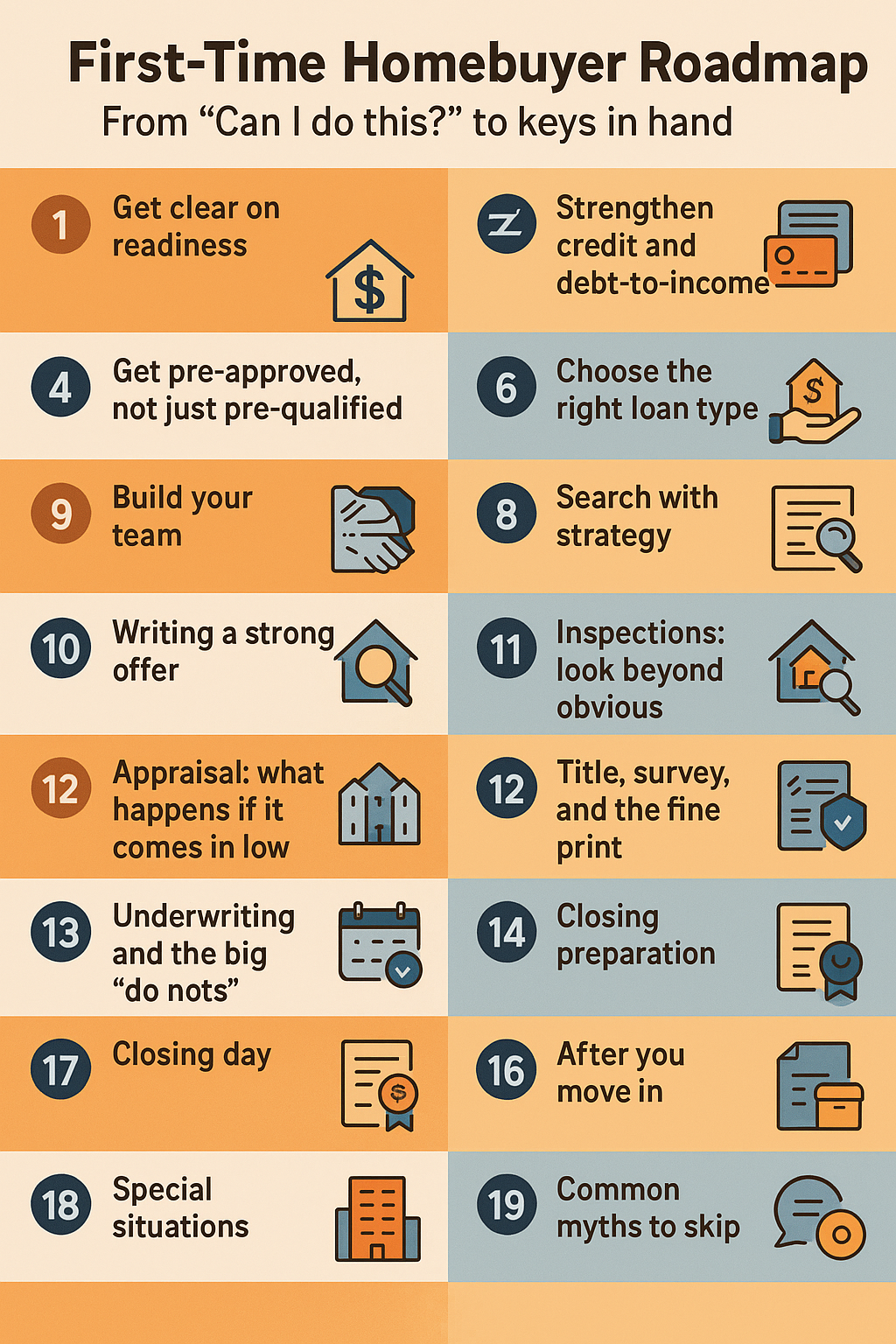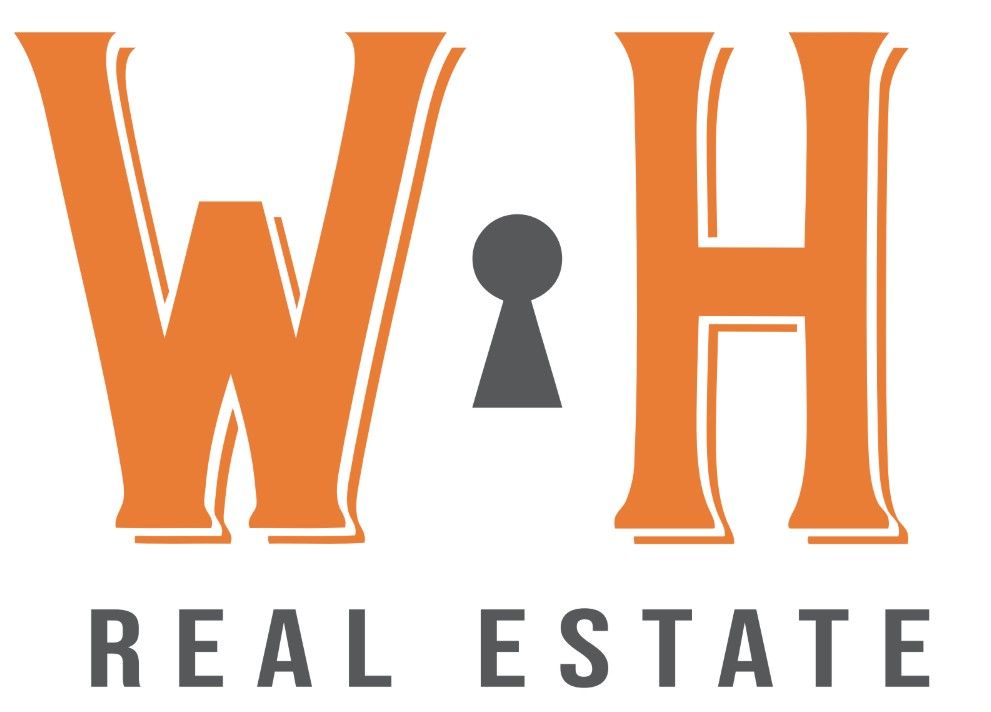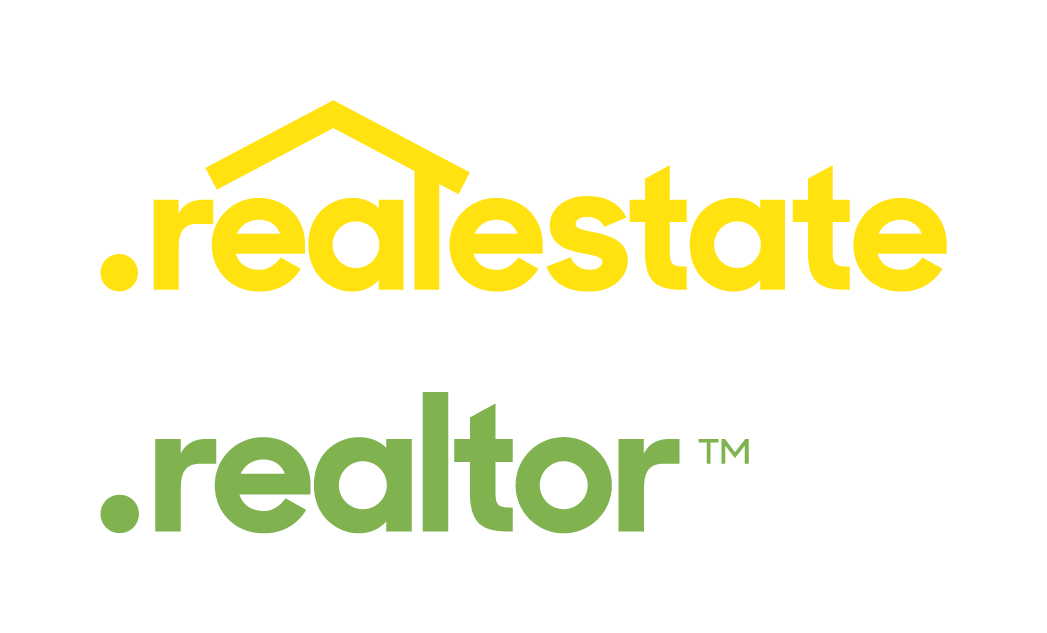💼 What Every Investor Should Know Before Buying Real Estate
Real estate has long been one of the most powerful ways to build wealth. But buying investment property isn’t quite the same as buying a primary home. Whether you're planning to flip, rent, or hold long-term, there are key strategies and risks every investor should understand.
Here’s what savvy investors keep in mind when buying real estate:
1. Define Your Investment Strategy
Before you buy anything, know your why.
🔹 Common strategies:
- Buy & Hold: Purchase and rent out for long-term cash flow and appreciation
- Fix & Flip: Renovate, then sell for a quick profit
- Short-Term Rentals: Airbnb-style income from furnished units
- BRRRR: Buy, Rehab, Rent, Refinance, Repeat
- House Hacking: Live in one unit, rent out the rest (multi-family or ADU)
✅ Pro Tip: Your strategy affects everything—from the location you buy in to how you finance the deal.
2. Know Your Numbers (Really Know Them)
Emotion should never drive investment decisions—math should.
🔹 Analyze:
- Purchase price
- Renovation costs
- Property taxes and insurance
- Mortgage or financing terms
- Expected rent or resale value
- Maintenance and vacancy allowance
🔹 Key formulas:
- Cash-on-cash return
- Cap rate (Net Operating Income ÷ Property Value)
- ARV (After Repair Value) for flips
✅ Use tools: Spreadsheets, investment calculators, and property analysis software can help you make smart decisions.
3. Location Still Reigns Supreme
It’s not just about the house—it’s about the market. A gorgeous property in a declining area is a bad investment.
🔹 Look for:
- Population and job growth
- Strong rental demand
- Low vacancy rates
- Local development or revitalization projects
- School ratings and walkability (for long-term value)
✅ Pro Tip: “Up-and-coming” neighborhoods often offer the best ROI if you can get in early.
4. Understand Financing Options
Investors don’t always use traditional 30-year mortgages.
🔹 Other options include:
- DSCR loans (based on rental income, not personal income)
- Hard money loans (short-term, good for flips)
- Commercial loans (for multi-family or mixed-use)
- Portfolio loans (held by the lender, not sold to Fannie/Freddie)
✅ Watch for: Higher interest rates, shorter terms, and stricter qualifications for investment loans.
5. Expect the Unexpected
Vacancies, maintenance, late rent, surprise repairs—these are all part of the game.
🔹 Build a buffer into your budget:
- 5–10% of rent for maintenance
- 5–10% for vacancy
- Extra for capital expenditures (roof, HVAC, etc.)
✅ Pro Tip: Treat your investment like a business, not a hobby.
6. Build a Trusted Team
Successful investors rarely go it alone.
🔹 Build relationships with:
- Real estate agent who gets investing
- Property manager
- Lender/broker
- Contractor/handyman
- CPA familiar with real estate tax laws
✅ Good partners = fewer headaches and better decisions.
7. Understand the Tax Benefits
Real estate offers unique advantages at tax time.
🔹 Benefits may include:
- Depreciation
- Mortgage interest deduction
- 1031 exchanges (defer capital gains by reinvesting)
- Opportunity zone investments
- Pass-through income advantages for LLCs
✅ Consult a CPA early on to maximize your tax strategy and avoid surprises.
8. Think Long-Term Wealth, Not Just Quick Wins
It’s easy to get caught up in the idea of flipping or fast money, but true wealth in real estate often comes from holding long-term, reinvesting cash flow, and letting appreciation do its thing.
✅ Pro Tip: Focus on building a portfolio, not just buying a property.
Final Thoughts
Real estate investing is a powerful tool—but like any investment, it comes with risk. The key is to be informed, run your numbers, and work with people who know the game.
If you're thinking about investing, let’s connect. Whether you’re just getting started or looking to expand your portfolio, I can help you find properties that make sense—and make money.





